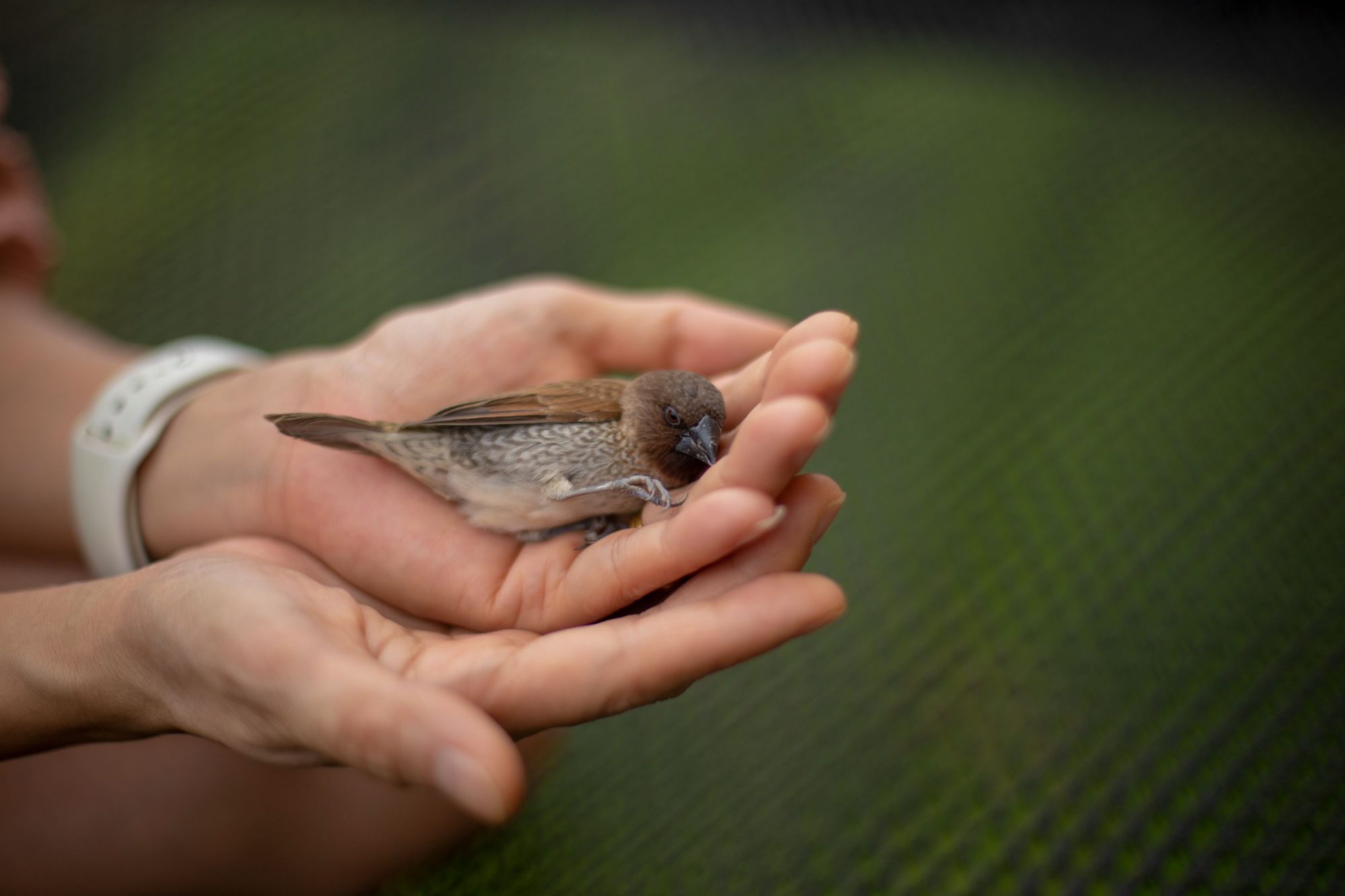Blog
How to Tell If You Have a Sick Pet Bird

Despite the fact that many birds can talk, they don’t use this amazing skill to tell us when they’re unwell. Instead, you’ll see symptoms affecting the eyes, beak, feather, and behavior. While it’s not always 100% clear to tell, a close look at their appearance can help you determine if you have a sick pet bird on your hands. Because their health is critical to maintain, we are here to help you identify warning signals and offer suggestions to help your ailing avian.
General Checklist
Bird owners are typically very in tune with their bird’s mood, appearance, personality, and behavior. From day to day, it’s vital to address any changes to their normal presentation. Their eyes, beak, skin, feathers, respiratory system, behavior, musculoskeletal system, digestion, urinary system, and neurological system should be carefully tended to. Even subtle shifts that deviate from their normal baseline should be promptly investigated.
Why Birds Get Sick
The most common culprit behind the symptoms of a sick bird is their diet. Traumatic injury, poor standards of hygiene, genetics, and stress can all play a part in how well a bird thrives.
A physical exam and diagnostic testing can help us understand the root of avian illness.
Know Your Bird
Just like other pets, birds act differently when something’s wrong. A previously active, talkative, and engaging bird may sit quietly, show irritability, or have their eyes closed when not feeling their best. Other warning signs can include:
- Fluffed up or missing feathers
- Crusty-looking beak
- Blocked nostrils
- Weakness
- Labored breathing
- Fewer droppings than usual, or difference in appearance
- Perching on the lowest possible level
- Sneezing and/or coughing
- Decreased vocalizations
- Bleeding
- Collapse or seizure
Their health can be quite delicate, so it’s best to seek emergency care. Please call us at (210) 696-1700 to determine next steps.
Other Signs of a Sick Pet Bird
As an inherited method for self-preservation, a sick bird will try their best to hide any signs of illness or injury. By the time you start to see symptoms, their illness may be very grave.
Additional signs of avian illness may include:
- Trembling or shaking
- Huddling up
- Balance problems
- Swelling or lumps and bumps on the body
- Dull-looking eyes
- Hanging onto the cage with beak
- Tucking the head into the wing
- No interest in contact, eating, drinking, or moving
- No interest in preening
- Lethargy or unresponsive
- Increased sleeping
- Blood or undigested food in the droppings
- Personality changes
- Circular walking
- Drooping or constantly raised wings
Nursing a Sick Bird
Depending on the cause of illness, we may either care for your bird at our hospital or send them home with you. Detailed instructions will be provided to give your sick pet bird the correct medication dosage, and other tips to soothe their pain and discomfort.
Time is of the essence when assessing and treating avian illness. If you have further questions, please call Ten West Bird & Animal Hospital at (210) 696-1700.
